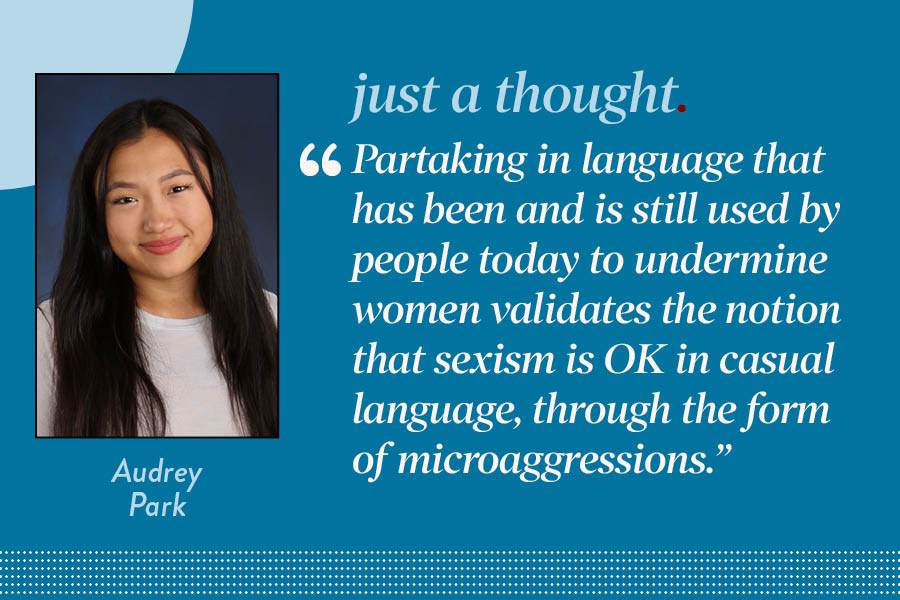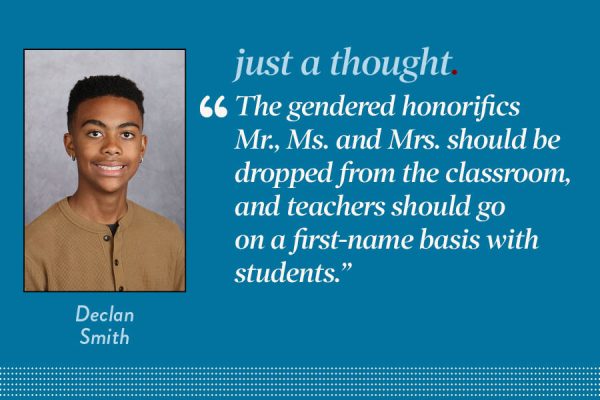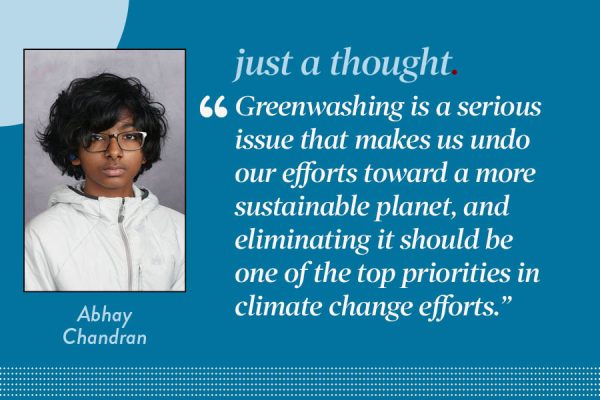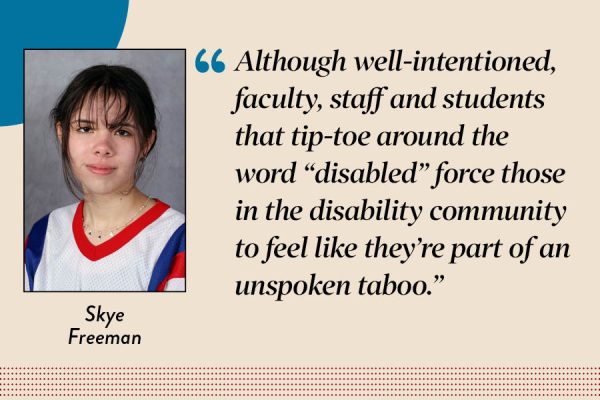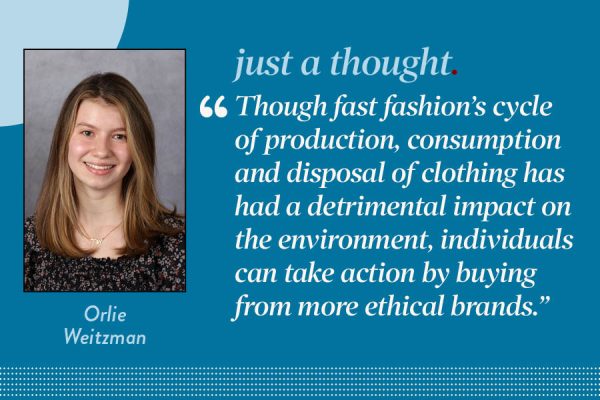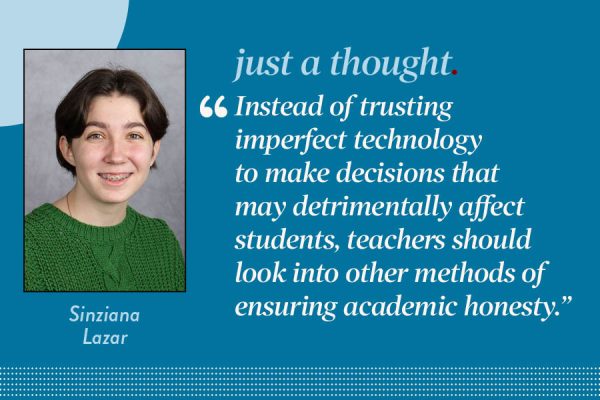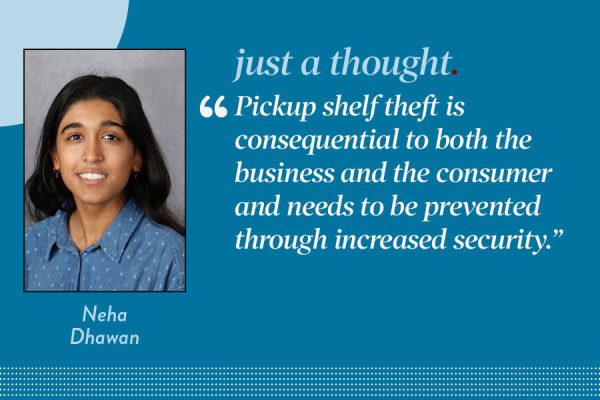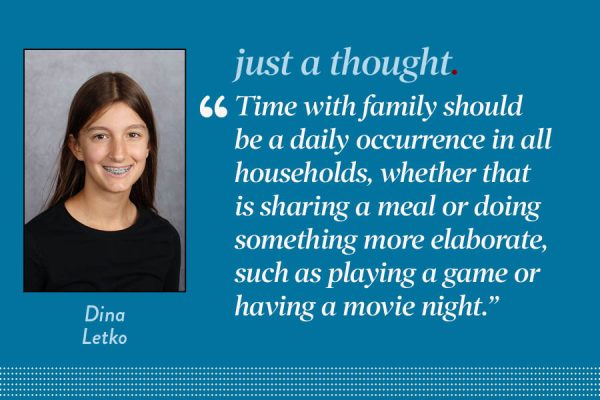An invisible pandemic: stop saying casual sexist comments
Some comments people tell women have adopted double meanings and can take the form of sexist microaggressions, thus perpetuating a stigmatizing cycle of sexism.
February 27, 2023
“Are you on your cycle?” or “Aren’t you going to be cold?” or “Are you going to eat all of that?” are examples of comments some people tell women.
These small comments, perpetuating certain stereotypes, are sexist and must be eliminated to truly progress to a sexism-free society.
There are still undeniable gender inequities in the workforce and everyday interactions, residue of our country’s patriarchal history and societal tendencies. Partaking in language that has been and is still used by people today to undermine women validates the notion that sexism is OK in casual language, through the form of microaggressions. While others may not intend them as harmful, the phrases themselves have adopted sexist second meanings because of their users’ ulterior motives. For example, “Are you going to be cold?” has been used to slut-shame women wearing thinner clothing or exposing skin, often being told they’re a distraction. Similarly, periods have been used against women to suggest emotional inferiority and have become synonymous with being “dramatic.” Moreover, the hidden double meanings of these comments only perpetuate a stigmatizing cycle of sexism.
People should be mindful and sensitive of what they say to eliminate casual sexism. Potentially problematic comments or phrases may not inherently cause harm, but because of how normalized they have become, they have the most significant harm in the long term. They are not noticeable or radical enough to register as even slightly problematic, but people must be made aware of their potential and long-term harm, and cease to use them.



